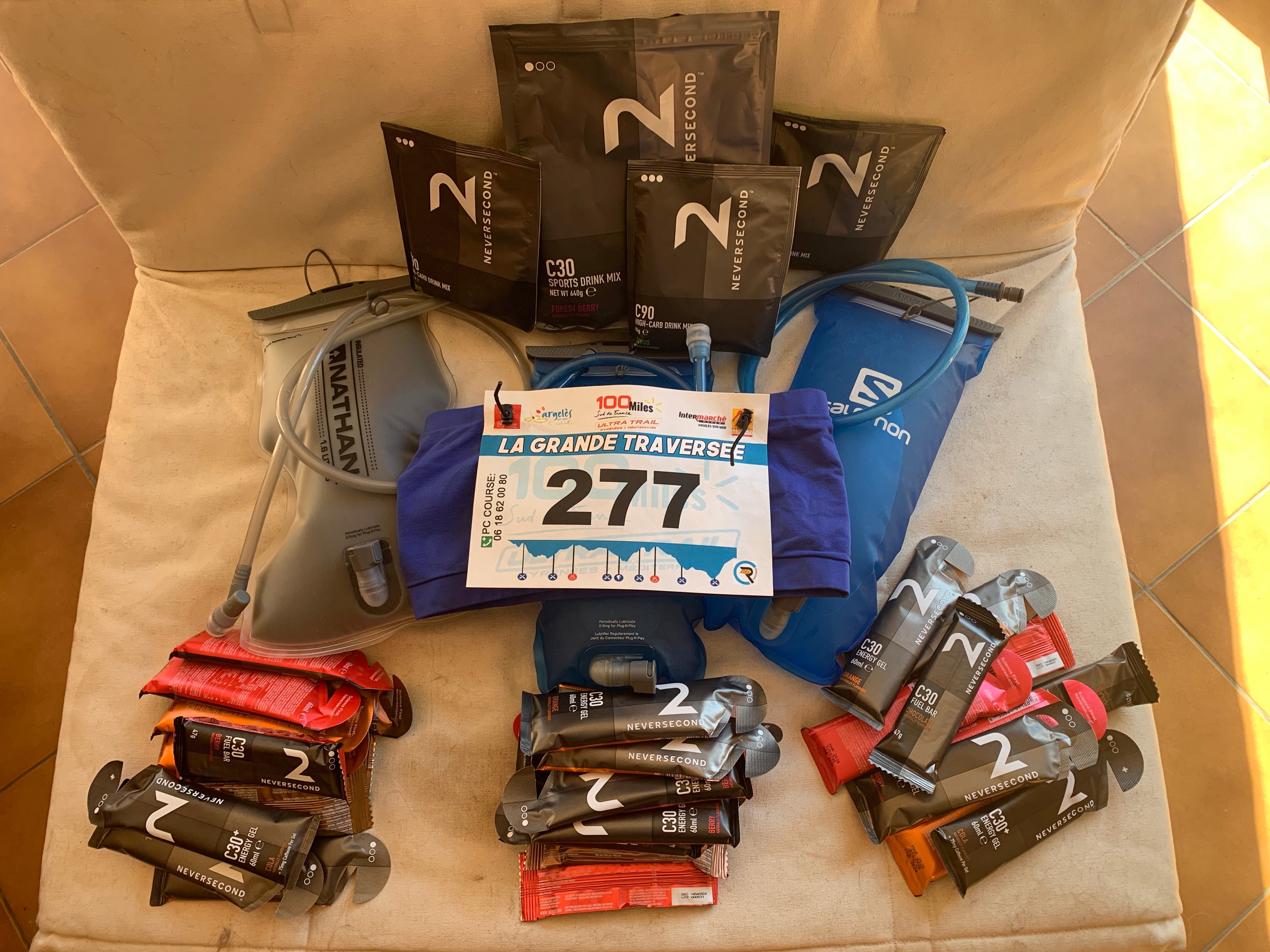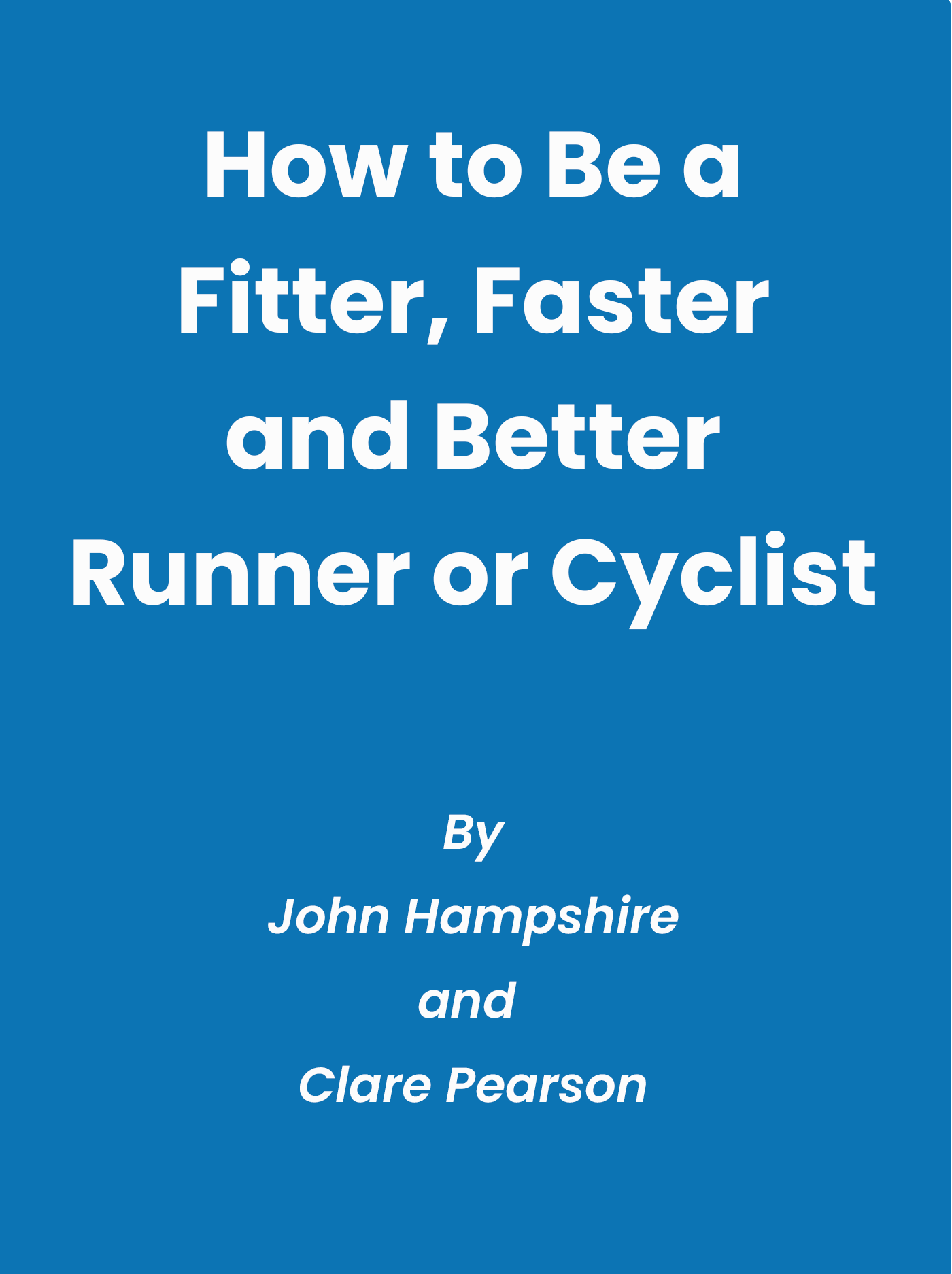Hitting the Wall? Not Today! Avoiding the Bonk in Ultra-Distance Events

Ultra-distance events – marathons, ultramarathons, long-distance cycling – push your body to its absolute limits. One of the most dreaded experiences for endurance athletes is "hitting the wall" or "bonking." This sudden fatigue and loss of energy can derail your race and leave you feeling utterly depleted. But fear not, with the right strategies, you can avoid this dreaded phenomenon and keep pushing towards the finish line.
What is "bonking" exactly?
Bonking occurs when your body runs out of its primary fuel source: glycogen, a form of stored carbohydrates. When glycogen stores are depleted, your body struggles to maintain energy levels, leading to a sharp decline in performance, both physically and mentally.
How to Avoid the Bonk:
-
Fuel Up Before You Go:
- Carbo-loading: In the days leading up to your event, increase your carbohydrate intake to maximize glycogen stores. Focus on complex carbs like whole grains, fruits, and vegetables.
- Pre-race meal: Consume a carbohydrate-rich meal 2-4 hours before the start. This provides your body with readily available energy.
-
Fuel During the Event:
- Consistent intake: Don't wait until you feel hungry or tired. Aim to consume 30-60 grams of carbohydrates (200-300 calories) per hour, starting early in the event. If you can consume more, all the better; up to 90g of carbohydrates has proven to be effective and if you high load at the beginning this can offset an inability to eat later in the event.
- Easy-to-digest options: Choose foods that are easy on your stomach and provide sustained energy, such as gels, energy bars, bananas, or even simple sandwiches. We really like NeverSecond products as they are easy to eat, carry and digest.
- Experiment in training: Practise your fueling strategy during training to find what works best for your body and gut. You can check out our article on EAT to find out more.
- Multi-Day Events: Getting one good cooked meal a day on longer, multi-day events can really help offset a calorie deficit. Combining this with a sleep and mechanical stop can be more time efficient.
-
Hydration is Key:
- Consistent sipping: Dehydration can exacerbate fatigue and contribute to bonking. Drink fluids regularly throughout the event, even if you don't feel thirsty.
- Electrolyte balance: Replenish electrolytes lost through sweat with sports drinks or electrolyte tablets.
-
Pace Yourself:
- Start conservatively: Avoid going out too fast, as this will deplete your glycogen stores more quickly. For ultra trail running events it can be a good idea to walk any climb that takes you beyond your zone 2 for races over 6 hours long.
- Listen to your body: Pay attention to your energy levels and adjust your pace accordingly.
-
Train Smart:
- Long endurance: Include long runs/rides in your training plan to condition your body to utilize fat as fuel and improve endurance. While you don't necessarily need to do the full distance in training doing some practice events (two to three back to back long cycling days/two back to back long running days with representative climb to your key event).
- Vary intensity: Incorporate both high-intensity and low-intensity workouts to improve your body's ability to use different fuel sources.
-
Know the Signs:
- Early warning signs: Recognize the early signs of bonking, such as sudden fatigue, irritability, difficulty concentrating, and muscle weakness.
- Take action: If you experience these symptoms, consume carbohydrates immediately and slow your pace.
Beyond the Physical:
- Mental fortitude: Mental toughness plays a crucial role in ultra-distance events. Stay positive, focus on your goals, and break the race into smaller, manageable segments. You can check out our series of blogs on Psychological Tools for Endurance athletes like the Winning Image for more guidance.
- Support crew: Having a support crew can be invaluable for providing encouragement, nutrition, and motivation throughout the event.
By following these strategies, you can avoid hitting the wall and achieve your ultra-distance goals. Remember, proper fueling, hydration, and pacing are crucial for success. So, train smart, fuel wisely, and conquer the distance!
Subscribe to our blog
Please share with your friends
Other articles you might like
October 9, 2024


Comments